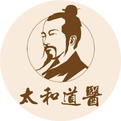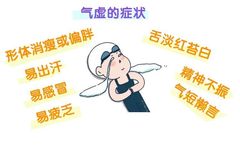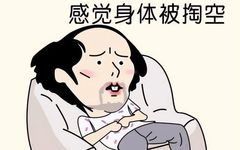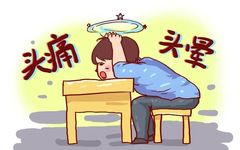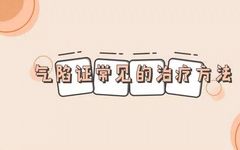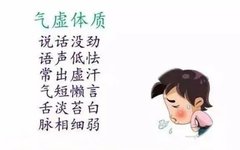Understanding Qi Deficiency in Traditional Chinese Medicine
The causes of Qi deficiency include excessive fatigue. Traditional Chinese Medicine states: “Labor consumes Qi.” When a person is extremely busy and under significant stress for a period, their immune system becomes particularly weak, making them more susceptible to colds. If you maintain a regular intake of Qi within a manageable range and replenish new … Read more


